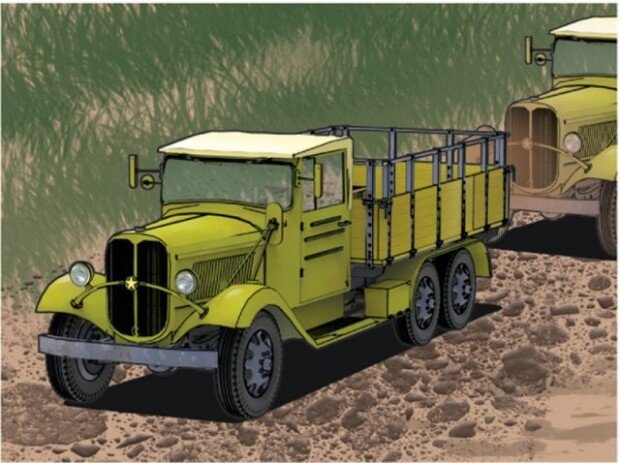The sacred way
The sacred way
Posted June. 21, 2022 07:57,
Updated June. 21, 2022 07:57

Philippe Pétain was a French general officer who served as Chief of State of Vichy France after France‘s defeat in World War 2. Although his later years weren’t glorious at all, he was a national hero who rescued France at World War I.
During World War I, Pétain led the French Army to victory at the Battle of Verdun. He was the leader who loathed the prevailing motto of attack at all costs. Hence, he effectively re-organized French use of artillery, focusing on using artillery weapons. The Germans began a ferocious offensive with a precise plan, at first making great progress until French counter-attacks pushed back the advancing German infantry. Pétain succeeded in restoring confidence in the French artillery, reinforced fire, and launched a systemic offensive to give a nightmare back to German troops.
As France decided to focus on artillery weapons, the stable supply of the weapons became the key for success. Pétain secured 3,500 vehicles across the nation, mobilizing all available trucks and means of transportation. All the standard gauge railway lines that could reach Verdun had already been interrupted by German forces, except for one road.
The road with an average width of 6.5 meters allowed only two trucks to pass through at once. The width wasn’t the only problem, durability was in a very dire situation. It wasn’t strong enough to supply weapons as the unpaved road was built upon a soft land.
Pétain made competent chief of engineers to come up with a strict road management plan. Trucks and military engineers lined up to supply the road with sand during winter and crushed stone when raining. This road was called the sacred road (Voie Sacrée). Originally, the name means a road to the hill of Golgotha where Christ was crucified. Although it literally means a road to death, thanks to the sacrificed lives during the war, France was able to win the Battle of Verdun and it can be also called a sacred road.
Roads are the lifeline in war. How fast and how many troops and supplies are sent through a road determine the winner of a war but it is often less credited.




![“한동훈, 정치생명 걸고 무소속 출마해 평가받는 것 고려할만”[정치를 부탁해]](https://dimg.donga.com/c/138/175/90/1/wps/NEWS/IMAGE/2026/01/19/133186982.1.jpg)


